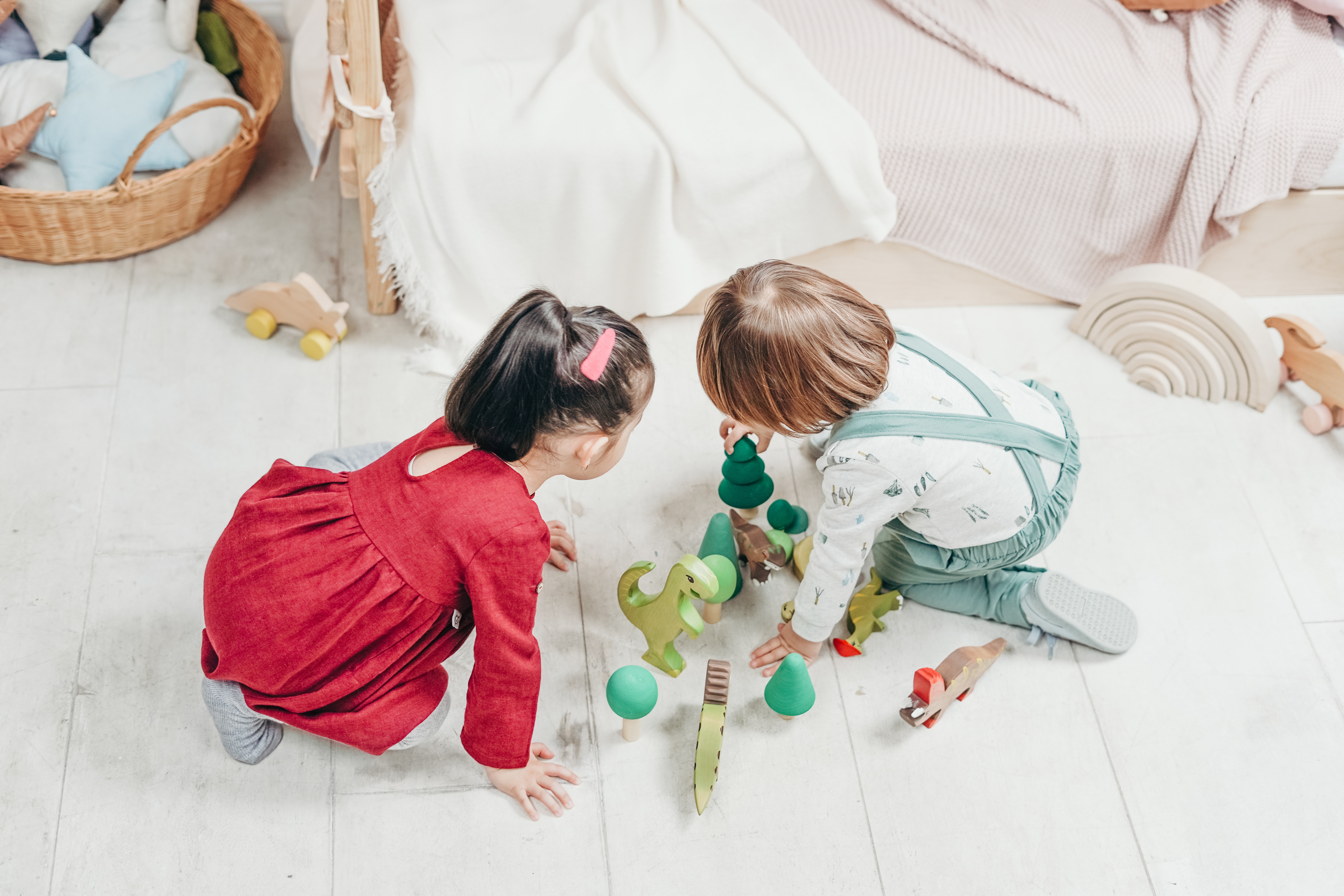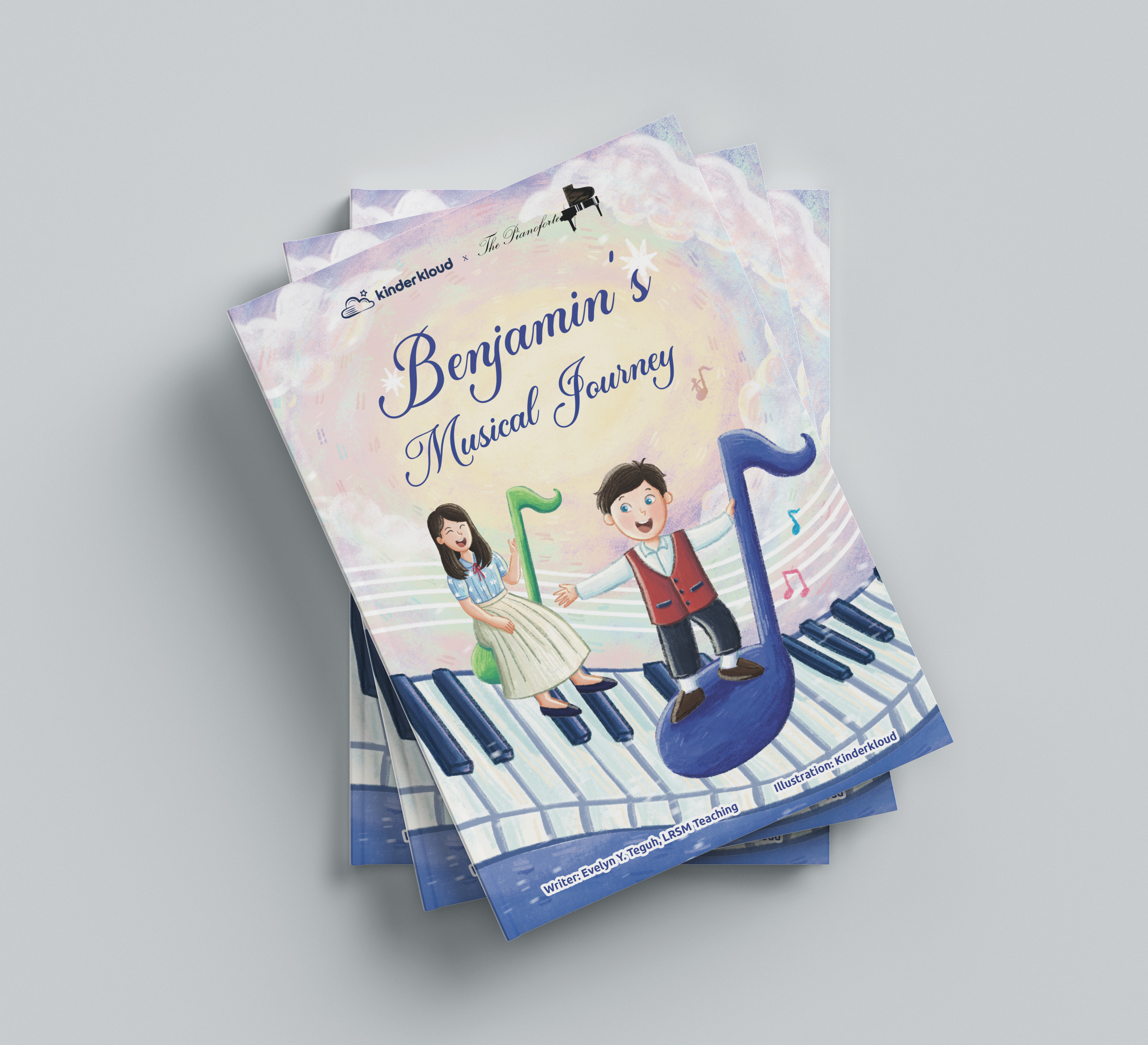The Importance of Play for Children

Play is children’s main activity where they can learn and develop in various fun ways. Play gives them the opportunity to have different sensory, physical, and cognitive experiences. It also helps children to build confidence, self-esteem, independence, and resilience. While playing, children will learn about their world, develop social skills, language competency, decision making, and problem solving skills. Furthermore, play can make children feel happy, loved, safe, and have improved well-being.
It is important for children to play freely with limited or no restrictions from adults. This will allow children to be creative and able to experiment with their environment to explore their imagination and interests. Younger children might enjoy an unstructured play where they just play with what they find interesting at the time. However, parents can still be involved by adding other items or toys in the children’s surroundings and pointing to those items to inspire the children.
For newborns and babies, even hearing parents’ voices or seeing their faces is play. Babies can develop social and emotional skills by playing peekaboo with parents. Tickling a baby is also a good way to introduce them to the sense of touch as well as handing them objects with various textures to encourage them to reach and grasp. On the other hand, toddlers and preschoolers might still enjoy unstructured play, but with more physical activity like playing with playdough or jumping on a rope. They can also engage in more complex and creative activities, such as imaginative play or puzzles.
The way children play will change as they get older. They might get more creative and experimentative with their toys and also enjoy a more social play. Older children usually also benefit more from a structured play where parents can set a specific time and space to play. For example, parents can take their children to the park every weekend and play catch or have a family game night every Tuesday. However, it is important to note that even in structured play, parents should still allow some freedom for the children to choose what they want to do.
Play has great impacts on children’s physical, cognitive, and social-emotional development. For instance, when a child plays catch or rides a bicycle they gain better physical fitness, balance, and coordination skills. On the other hand, when children play a game that comes with rules, sharing, or taking turns, they learn to have better self-discipline and self-regulation. This is also a good way to teach children that they might not always get what they want in real life. Play can also help children to explore, understand, and share their own feelings. Furthermore, children can learn to cope with challenges and learn from mistakes. They will also be able to learn to take risks and explore their own ability as well as limitations.
Nevertheless, there might be times when children are feeling tired or bored that they lose interest in playing. While this is actually common in children, lack of interest in play can also be a sign of developmental disorders. Therefore, parents should pay attention to their children’s behavior patterns, including when the child does not seem to interact in a play like peekaboo, has a very low interest in toys, plays toys in a non-functional way like only playing with a toy car’s wheel instead of driving it around, or does not show interest in playing with peers.
References:
How play helps children’s development. (n.d.). NI Direct. Retrieved October 7, 2022 from https://www.nidirect.gov.uk/articles/how-play-helps-childrens-development#:~:text=Play%20improves%20the%20cognitive%2C%20physical,confidence
Why play is important. (2022, April 19). Raising Children Network Australia. Retrieved October 7, 2022 from https://raisingchildren.net.au/newborns/play-learning/play-ideas/why-play-is-important
By: Salma Safira Sukma Ikhsani, S.Psi. from BehaviorPALS Center
importance, play, children
Toddler 18 Months - 24 Months / 18 Bulan - 24 Bulan (Batita) / Cognitive Development / Tumbuh Kembang Kognitif / Education / Pendidikan / The Importance of Play for Children
Comments















